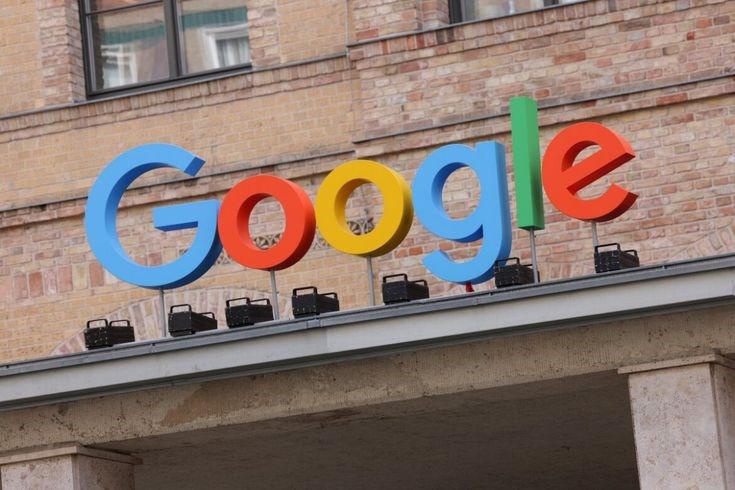
DOJ Says Google Could Use AI to Strengthen Its Search Monopoly as Antitrust Trial Begins
The US Department of Justice conducts its major antitrust proceedings against Google, which operates as Alphabet Inc. Government officials believe Google maintains its market control because the company relies on search and its artificial intelligence technology. The DOJ demands strict requirements in their resolution, which could force Google to sell its Chrome browser system and stop binding device producers to include Google Search as the default.
Key Highlights:
- Google uses billions of dollars in payments to maintain search services and advertising monopolies through exclusive browser agreements with Apple Safari, among others.
- Proposed solutions for the situation include removing agreements that provide placement superiority in search results and forcing Google to dispose of its Chrome browser while compelling the company to offer its search information to competitors through licensing agreements.
- According to government officials, Google's Gemini generative AI platform, together with other AI initiatives, poses a threat to its existing search monopoly because it can collect data from websites with few bargaining options.
- The company argues against the scope of the case while pushing back against remedies it says would limit future innovations.
- The judicial process demonstrates part of an extensive bipartisan antitrust plan that concentrates on big tech corporations, including other major players such as Meta.
DOJ Highlights AI as Key to Google's Search Monopoly in Antitrust Trial
The DOJ continues to focus on technology that involves AI because there is doubt about how this technology can bolster economic dominance. There is concern with regards to the use of AI in the search services of Google or Gemini platform since this could lead to data scraping ability and competition issues. Addressing the existing issues in the digital market structure, the solutions are aimed at increasing its transparency and fairness.
The court will establish vital legal precedents about antitrust law enforcement against technology companies through its ongoing trial, particularly for AI businesses. The eventual judgment will transform market competition, thus shaping the way organizations use AI innovations for their operations.


